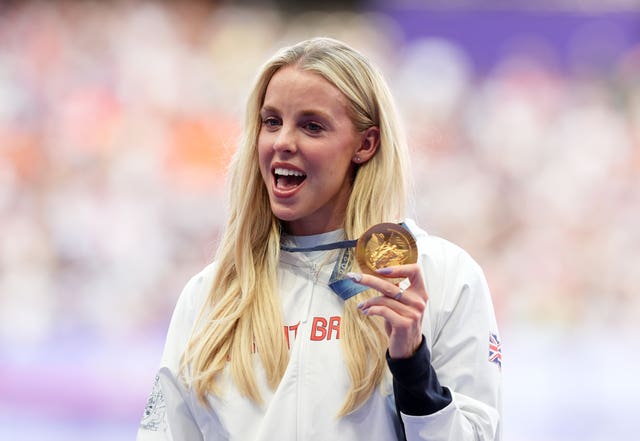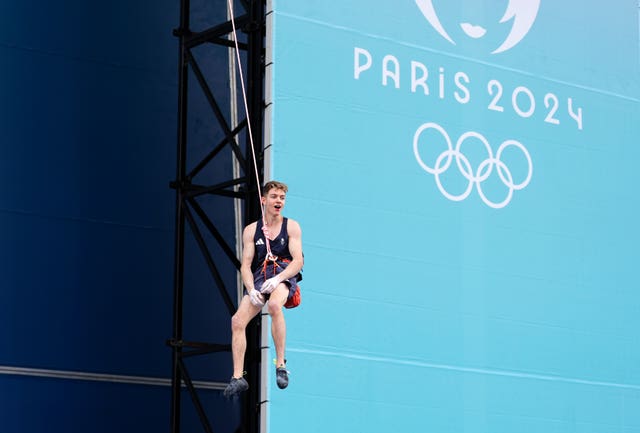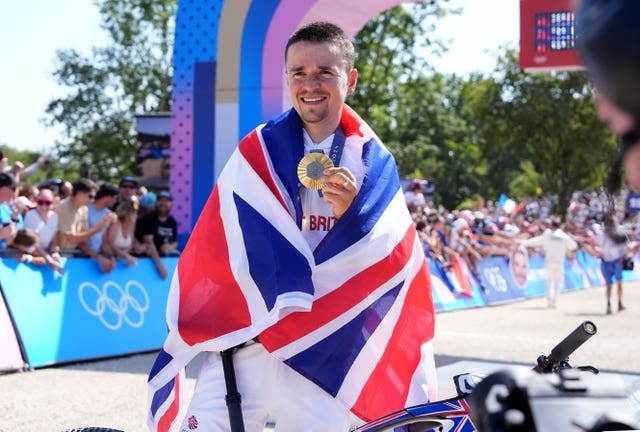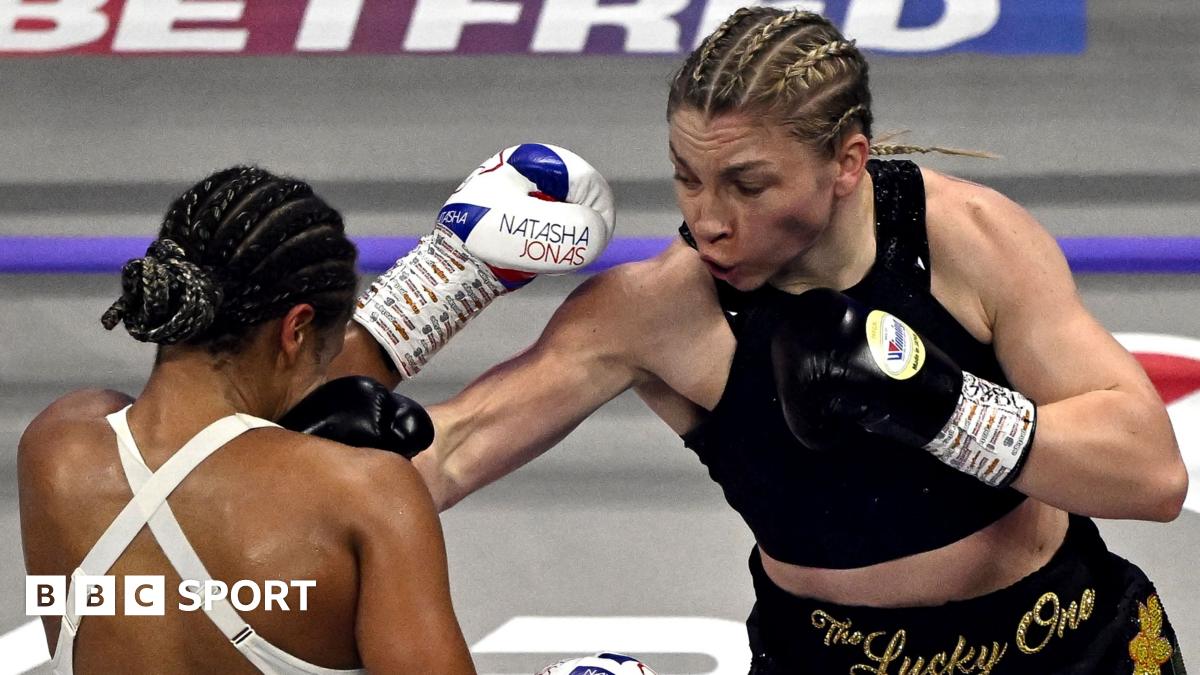A closer look at where the medals were won by Team GB at the Paris Olympics

Britain finished seventh on the Olympic medal table as Paris 2024 wrapped up on Sunday.
Team GB won 14 golds while their 65 total medals were the third-most of any team, behind the United States and China and one ahead of hosts France.
Here, the PA news agency looks at where the prizes were won.
Most successful sports
As so often, cycling proved to be Britain’s most successful sport with 11 medals thanks to the combination of a high number of events and Team GB’s strength across the programme.
Golds for Tom Pidcock on the mountain and the women’s track sprint team of Katy Marchant, Sophie Capewell and Emma Finucane were backed up by five silver and four bronze medals – including two of the latter for Finucane, one of the star performers of these Games.
Athletics also saw a double-figure haul, the highlight being Keely Hodgkinson’s 800 metres gold. Britain won medals in all five relays – four bronzes, and silver in the women’s 4x100m.

Team GB’s rowers made a major return to form with three gold, two silver and three bronze medals.
Gold came from the men’s eight and the women’s quadruple sculls and lightweight double sculls. The women’s pair and the men’s quadruple sculls were the only British boats not to win medals, with the latter finishing fourth.
Equestrian was another typical success story, despite the pre-Games controversy around Charlotte Dujardin, with team golds in eventing and jumping and bronze for Laura Collett in jumping and for the team and Charlotte Fry individually in dressage.
There were medals in all three triathlon events, including individual gold for Alex Yee, while swimming brought four silvers plus men’s 4x200m freestyle gold.
Across the board

Team GB took medals in 17 of the 25 sports in which they were represented, with gold in 10 of those.
Toby Roberts won Britain’s first ever sport climbing medal, and gold to boot, while gymnastics, sailing and shooting were the other sports to yield top spot.
Diving brought five medals and canoeing four but no golds, while Lewis Richardson’s bronze salvaged an otherwise dismal boxing effort. Britain’s lone weightlifter, Emily Campbell, won the team’s final medal of the Games on the last day of competition.
Archery, badminton, hockey, judo, modern pentathlon, rugby sevens, table tennis and tennis were the only sports not to bring home at least one medal.
Gender split

Of Team GB’s 14 gold medals, six each came in men’s and women’s events and two in mixed equestrian events, where male and female riders compete together – though the team jumping was won by an all-male trio of Scott Brash, Harry Charles and Ben Maher.
Men won 15 silvers to the women’s seven but there were 15 women’s bronze medals to nine in men’s events, plus equestrian duo Charlotte Fry and Laura Collett winning two of the five bronze medals from mixed events.
In terms of medals won by individual athletes – a larger total recognising each member of a winning team – male and female British athletes will each return home with 68 medals in their luggage.
The male total features seven more golds than for the female members of the squad, 21 to 14, despite women making up the majority of the British squad for the second successive Olympics, 172 to 156.
Henry Fielding, the male cox of the bronze medal-winning women’s eight in rowing, became the first person ever to win Olympic medals in both male and female events after guiding the men’s eight to bronze at Tokyo 2020.
Related
Jonas vs Price: How women’s boxing can become centre stage…
The iconic Royal Albert Hall has hosted pugilism for over a century, welcomed key political figures and showcased musical superstars.On Friday evening, a women'
Belgian Darts Open: Ryan Searle sets up Luke Littler showdown…
Ryan Searle set up a showdown with world champion Luke Littler and Mike De Decker booked a reunion with world No 1 Luke Humphries
Sky Sports presenter reveals she has a brain infection following…
A Sky Sports presenter has revealed she has a brain infection after battling cancer.Emma Saunders, who works as a presenter and match day reporter for Sky, was
Jonas vs Price as it happened: Reaction, analysis, boxing results,…
'I want to go back to Wales'published at 23:37 Greenwich Mean Time 7 March23:37 GMT 7 MarchPrice beats Jonas by unanimous decisionLauren Price speaking to Sky S













